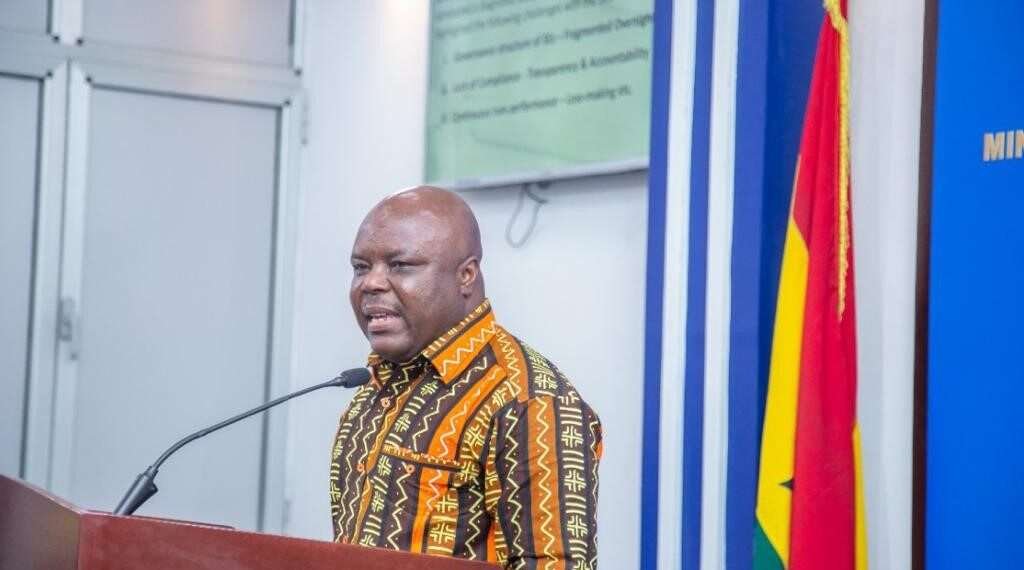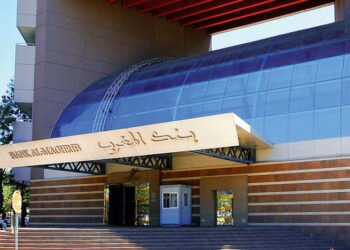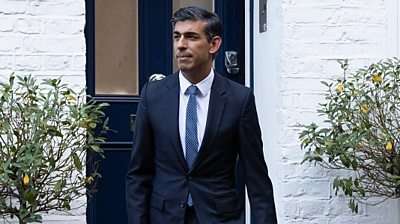Minister for Public Enterprises, Joseph Cudjoe, has revealed that the Public Enterprises League Table (PELT), under the initiative of the ministry, is intended to among other things, engender competition and performance among public enterprises.
According to him, the League table which will commence on July 1, 2022, will equally deal with the characterisation of “non-performance, non-profitability, inefficiencies and indebtedness” among the public enterprises. He indicated that the issue of non-performance among state-owned enterprises is a “65 year old problem”.
“… Since independence, public enterprises have been characterised with all these attributes that are not expected of corporate and institutional performances… So, the PELT comes in as one of the tools I’m deploying as minister to engender competition among them in terms of performance. It is based on performance contract they sign, that is the information that is evaluated.”
Joseph Cudjoe
The Public Enterprises Minister explained that over the years, the entities have been signing performance contracts with SIGA and prior to that, with the State Enterprises Commission. However, upon signing, whether they “perform or not”, nobody is assessing and “really engendering competition among the members”.
In a bid to address the situation, Mr Cudjoe highlighted that “accountability is embedded” in the league table to ensure that these entities are closely monitored.
On his part, Joseph Sarpong, a member of the PELT technical committee and SIGA, disclosed that the PELT seeks to build on the foundation of the performance contract signed between SIGA and the specified entities. This performance contract, he indicated, has three main performance dimensions for which the performance of the state-owned enterprises are measured.
“So, we have the profitability, which seeks to look at the economic and the financial side, we have management improvement [and] project, which looks at governance, their implementation of project and general management practices. That side focuses on compliance to, for instance, financial reporting to statutory reporters. Then there is also what we call the dynamic effect or innovation…”
Joseph Sarpong
Evaluating the performance of SOEs
Mr Sarpong emphasized that one purpose of doing this is to also benchmark the performance of SOEs and the other state entities to that of the private sector, their peers around the West African region and even worldwide. He iterated that the whole effort is to assess the performance of these SOEs.
“As our minister said, previously, we were doing the performance contracts [and] work evaluating, but because there wasn’t any medium for which we were going to demonstrate the good work that they are doing, it is more of an individual report issued to the board and management [and] making recommendation to them. Now, we are bringing the whole lens of accountability and transparency onto the SOEs by introducing these awards schemes.”
Joseph Sarpong
The member of the PELT technical committee expressed that post-evaluation, the committee will be ranking these SOEs and telling the public the performance of these entities. He revealed that through that, the committee expects the public to also help these enterprises improve by mounting pressure on them to perform.
“So, the whole exercise is to evaluate performance continuously and also to put the lens of accountability on these entities. I must say that the performance contract we are signing with these entities is a way for the entities to account to the people of Ghana through the authority established to do so. That is the focus and for the framework that has been built, I think is a good thing and we are going to achieve result.”
Joseph Sarpong
READ ALSO: Kwadaso MP Posits President Cannot Be Blamed Entirely For Economic Hardship




















